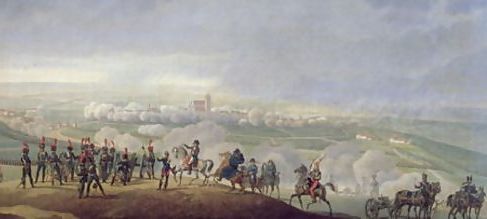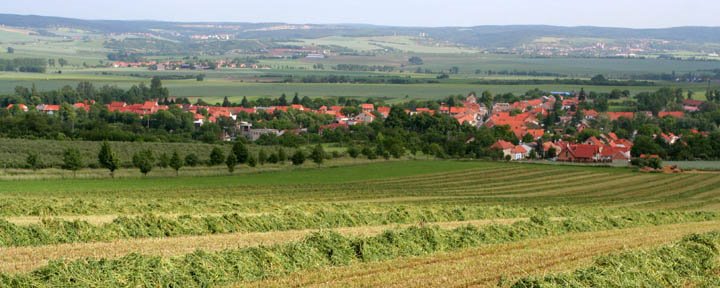Thanking Mendel
The main purpose of our visit to Brno was to accompany my Uncle V. on his pilgrimage to the Augustinian Abbey, where Gregor Mendel conducted his famous experiments with pea plants in the monastery garden. Just typing those words transports me to my 10th grade science class where we learned about basic genetics.
It was not easy for us to find the Abbey, and we stopped several times to ask for directions. People were kind and eager to help, but because of the language barrier, we could not easily understand their directions. Luckily, we encountered a gentleman who spoke some English. He happened to be a gymnastics instructor in Sokol, the same method of training offered at the school where my cousin took gymnastics in Chicago. He was thrilled to know about Sokol in the US, and we all immediately bonded. He hopped in our car with us and got us to the monastery. I can't remember if he accompanied us on our tour and then we returned him to his home, or if he somehow continued on his way. In any case, he was certainly most hospitable!
As I remember it, there wasn't too much to see at the little Mendel Museum, nor were there many other visitors. I think there was just one large but dingy room with some manuscripts and the like. I don't think the gardens were open for touring but outside the entrance to the museum, there was a small flower bed arranged in a salute to Mendel's genetics experiments.
Outside the Mendel Museum, Brno, Summer 1990
Today, while the Mendel Museum may still not be a huge draw, it has undergone quite a transformation, and looks like a proper museum with modern exhibits curated in partnership with a university.
It feels right to me to write about this pilgrimage on Thanksgiving Day. The very act of going to see where Mendel did his work was a big expression gratitude and appreciation for his contribution to science. I am also thankful to know about the museum now, a more fully realized tribute and a sign of a revitalized Brno. Finally, it makes me smile to think of our impromptu guide, the Sokol instructor. Such a gift he gave us, not only in guiding us but even more so in his warm and generous nature. Meeting him was one of the highlights of the trip for me.












